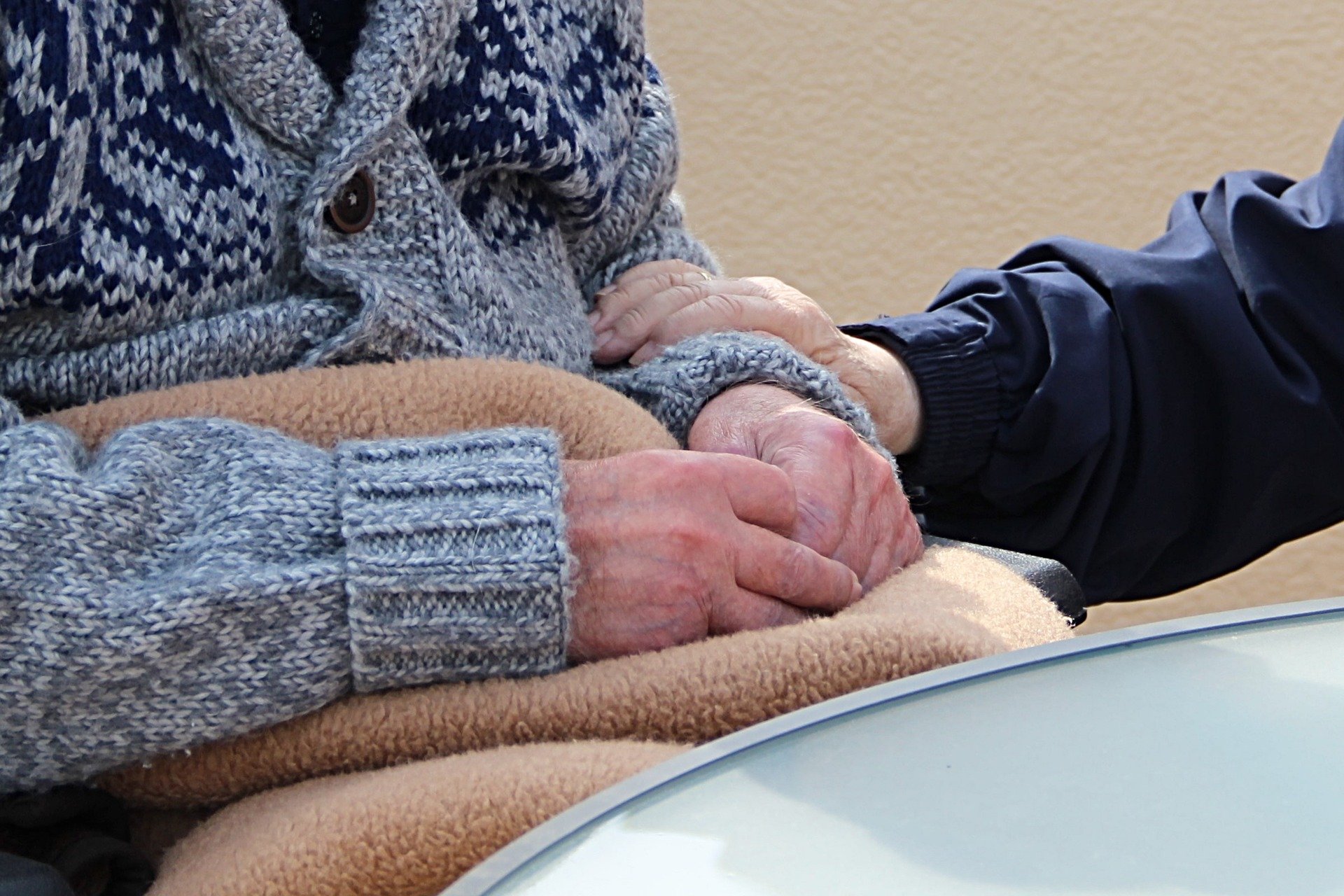Lawmakers In Georgia’s State House Consider Legislation Requiring Hospitals And Nursing Homes To Allow Visitors

Georgia lawmakers consider a bill to require hospitals and nursing homes to allow visitors.
Pixabay / Pixabay
ATLANTA (AP) — Lawmakers in Georgia’s state House are considering legislation that would require hospitals and nursing homes to allow visitors, after many cut visitor access because of the coronavirus pandemic.
Rep. Ed. Setzler, a Republican from Acworth, is the chief sponsor of House Bill 290. Setzler said in a recent committee hearing that the bill recognizes that connection with family and friends can be a key component of patient wellness.
“Health care inextricably includes wellness, mental health, activity, purpose, engagement of people with familiarity, connection and individual advocacy,” Setzler said.
The measure would require that hospitals, nursing homes and other long-term care facilities allow patients to have two visitors for up to two hours per day.
It would only be applicable to patients that are in a facility for more than 24 hours, and the facilities would be able to set requirements for visitors, such as a mask or testing requirement. If passed, the legislation would take effect July 1.
The bill is currently being debated in the House Human Relations and Aging Committee, which held a hearing Wednesday that lasted nearly three hours.
During the hearing, several citizens told gut-wrenching stories about the loneliness that loved ones faced in hospitals and nursing homes since the beginning of the pandemic, sometimes in ways that became detrimental to their health.
But hospital representatives raised concerns that the measure could heighten the risk of the virus spreading among vulnerable populations.
Georgia has recorded nearly 800,000 confirmed cases of the virus, and long term-care facilities have been particularly hard hit.
The governor would be able to override the visitation mandate under his emergency powers if needed, Setzler said.
Gov. Brian Kemp implemented a ban on visitors at long-term care facilities in April by executive order. In September, Kemp eased those restrictions by putting in place a phased approach to allowing visitors based on the severity of outbreak in a particular area.








